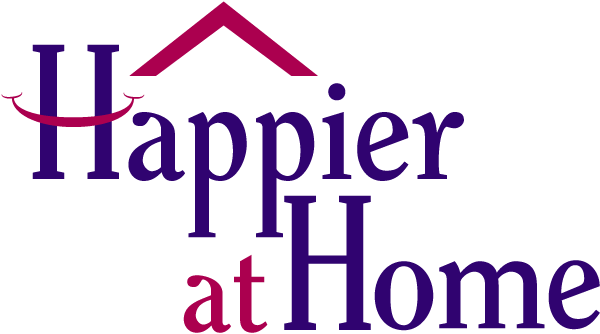Clear, open communication with your healthcare providers is essential for receiving safe, personalized, and effective care—especially for seniors and their caregivers. Misunderstandings or missed details can lead to incorrect treatments, medication errors, and increased stress for everyone involved. Whether you’re a patient or a caregiver, these strategies will help you advocate confidently, ask the right questions, and feel more in control during medical visits.
Why Good Communication Matters
For older adults, health needs often become more complex—multiple medications, chronic conditions, and frequent provider visits are common. Without clear communication, important information can fall through the cracks.
According to the National Institute on Aging, patients who engage actively with their doctors report higher satisfaction and better outcomes.
Before the Appointment
Prepare a Health Journal
Keep a dedicated notebook or digital document to track:
- Symptoms and changes in health
- Medication side effects
- Mood, sleep, or appetite shifts
- Questions or concerns for your next appointment
Bring this journal with you to every visit. It serves as a powerful tool to help you remember key details and ensure your provider sees the full picture.
Create a Medication List
Bring an up-to-date list of all medications—prescription, over-the-counter, vitamins, and supplements. Include:
- Name of the medication
- Dosage
- Frequency
- Purpose
Pro tip: Ask your pharmacist to print a list for you if managing multiple prescriptions.
Plan Ahead with Questions
Before your visit, write down:
- Symptoms you’ve noticed
- Questions about test results, procedures, or side effects
- Concerns about lifestyle changes or emotional health
Example questions:
- “What are the side effects of this medication?”
- “Are there alternatives to this treatment?”
- “Can you explain this in simpler terms?”
During the Appointment
Bring Support if Needed
Consider bringing a caregiver, family member, or home care aide with you. A second set of ears helps absorb information and ask follow-up questions. Many seniors also feel more confident with someone they trust by their side.
Use the Teach-Back Method
After your provider explains a diagnosis or treatment:
- Repeat the information back in your own words.
- Confirm if you understood it correctly.
This technique ensures clarity and can reveal any miscommunication early.
Take Notes or Record (With Permission)
Write down key points—or ask to record the conversation if allowed. This makes it easier to remember later, especially if multiple topics were discussed.
After the Appointment
Review and Follow Up
Review your notes or recordings. If anything is unclear, call the office for clarification—don’t wait for the next visit.
If you were referred to a specialist or ordered tests, follow up to ensure they’re scheduled promptly. Keep track of these appointments in your health journal.
Communicate Changes Promptly
If you experience any changes in symptoms or side effects from medications, don’t wait for your next appointment. Contact your provider right away.
Unique Support from Happier at Home
At Happier at Home, we understand the challenges that seniors and caregivers face when navigating the healthcare system. Our trained professionals can:
- Help prepare for appointments
- Accompany clients to visits
- Take notes and assist in understanding care plans
- Ensure continuity of care between visits
Whether you need a companion to advocate for you or someone to help manage your health records, we’re here to support you every step of the way.
Published June 2024 • Updated August 2025
Reviewed by Debbie Marcello, Founder & CEO of Happier at Home
This content is for informational use only and does not replace medical advice.


